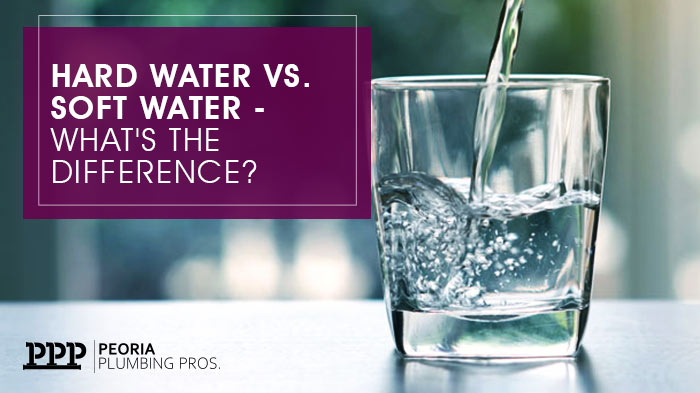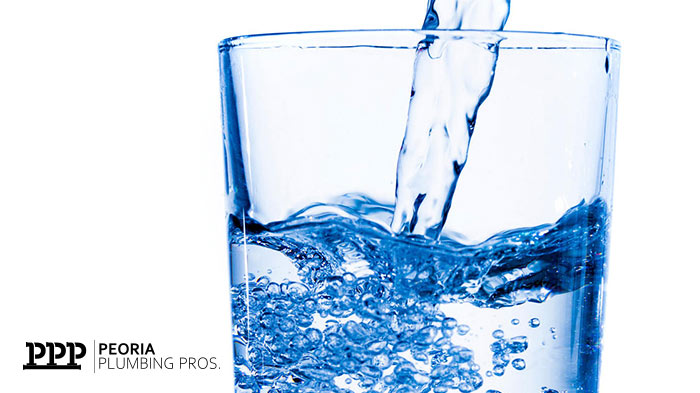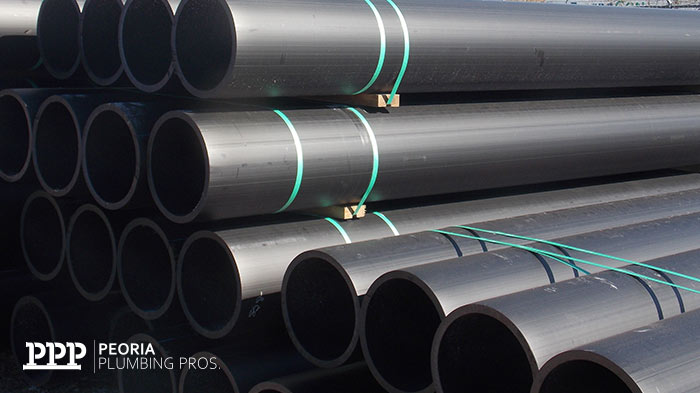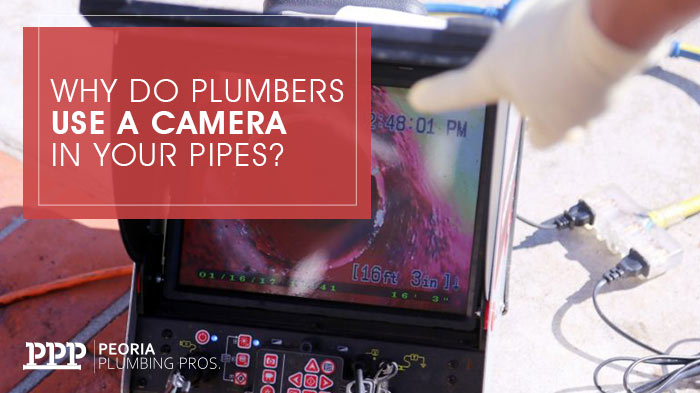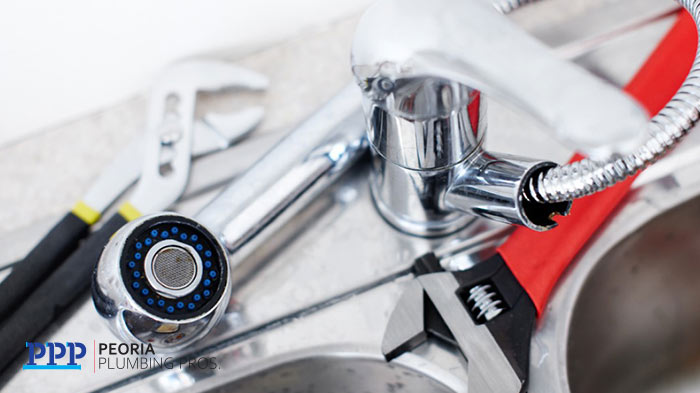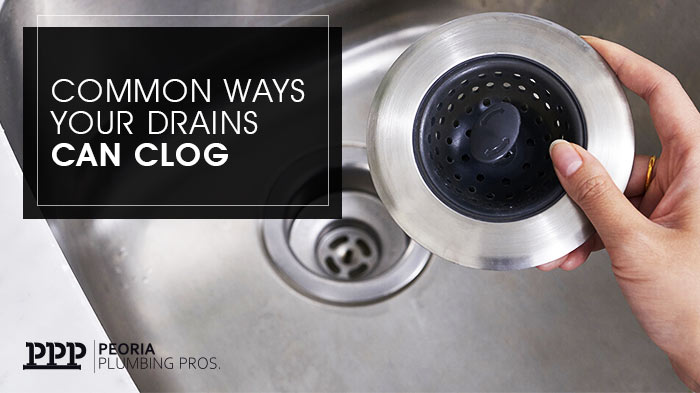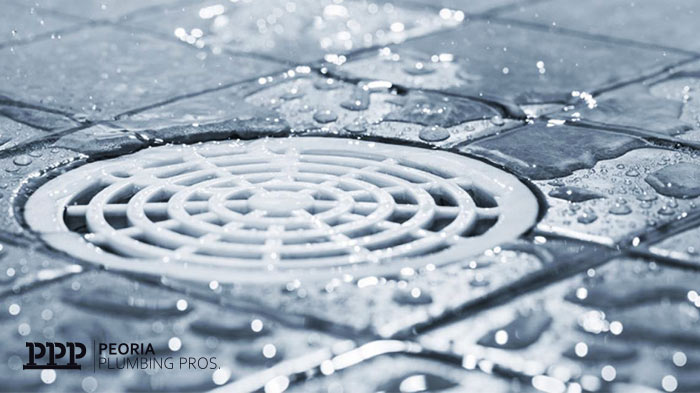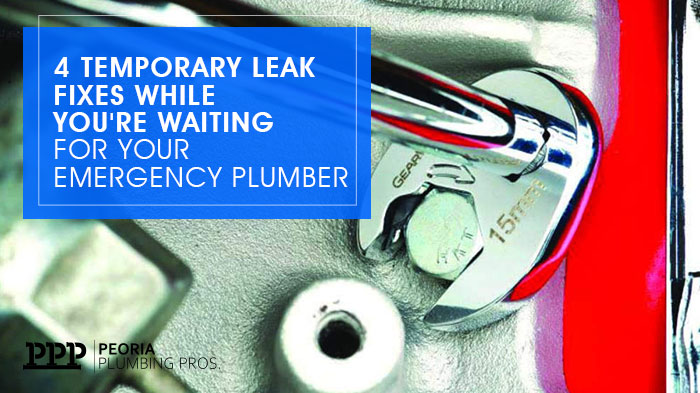

When a pipe breaks, things get serious. Many times, though, it’s a far less drastic leak that is the cause of your concern.
However, it’s a good lesson to learn: because when you need to know how to handle this situation under pressure (that pipe break I mentioned above), things can get messy fast if you’re not ready.
When you call for an emergency plumber, you may have to wait a while, even as you watch your pipes leaking or gushing water. Not good.
Smart homeowners are ready for these emergencies – after all, you keep a fire extinguisher in your kitchen in case of an oven fire, right?
The same goes for plumbing emergencies, so we’ve assembled the 4 best things you can keep close by in case that day comes.
1. Plumber’s Tape
Everyone has duct tape in their home, handy and effective for so many purposes. However, not everyone keeps its cousin close by: plumber’s tape.
Plumber’s tape is made from a special silicon material that actually bonds to itself to create a tight seal.
All you need to do is wrap it tightly around the leak, and it should contain the worst of the flow – hopefully it can help you last until regular working hours so that you don’t need to pay the emergency rate.
2. Rubber Pipe Connector
Rubber pipe connectors allow you to temporarily fix a problem, whether it’s in the middle of a pipe or at the joint.
Simply fit the rubber over the hole, making sure you cover a large enough area around it to maintain the integrity of the pipe.
3. Pipe Clamp
Keeping a couple of pipe clamps on hand is a definite winning strategy, because they are solid solutions known widely as a “plumber’s band-aid”.
The clamps are metal plates that can be screwed down together around the pipe.
These can be used to keep a pipe together, and prevent the rupture from getting bigger.
You can also use two of them to hold down a seal that you’ve applied, such as an inner tube cut to size.
Pipe clamps are so helpful that they will almost certainly keep your problem in check until your plumber arrives.
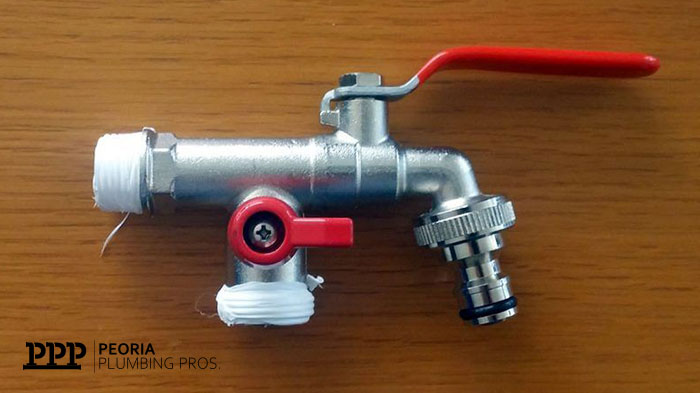
4. Plumber’s Epoxy
Plumber’s epoxy is used on cast iron pipes, which are a common feature in older or century homes, of which London has plenty.
It comes in a tube, and can be found at your local hardware store.
If you discover a leak, simply apply it as a patch; in most cases, this will hold the pipe until daylight hours, but make sure you call a plumber to address the issue as soon as you can.
A Permanent Solution
The above emergency fixes are really only temporary, and need to be attended to within short order; however, there are some proper repair kits that you can use yourself, such as fiberglass tape and Sharkbite fitting.
In the end, most of our customers feel that water pipe repair is best left to the experts at London Plumbing, and they trust us with their homes.
A plumber can come out and determine the problem quickly, and they can fix your water leakage problems once and for all.
Contact London Plumbing
Do you have leaky pipes in your home?
If so, don’t delay in calling London Plumbing – between the mess it causes and the potential insurance claim if it gets worse, it’s worth having us out to do a checkup on your pipes and address any issues we find.
We are well known in London for our quality and service, and we give you peace of mind in no time.

